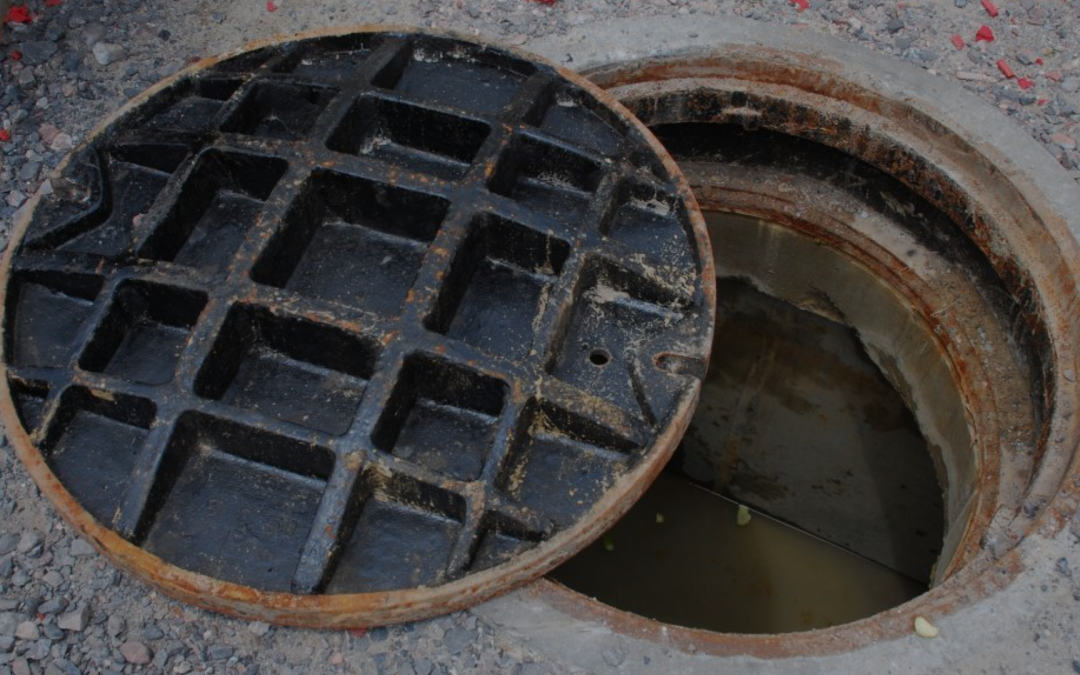Sewer systems are a critical part of urban infrastructure, ensuring that waste is collected, treated, and disposed of safely. When poorly maintained systems are left to deteriorate, the consequences extend beyond human health and harm the environment. From water pollution to biodiversity loss, the effects of inefficient sewer management can be long-lasting and difficult to reverse. Below are some of the significant environmental impacts of poorly managed sewer systems.
Water Pollution
One of the most direct impacts of failing sewer systems is water pollution. When untreated sewage leaks into rivers, lakes, or groundwater, it contaminates these sources with harmful bacteria, chemicals, and nutrients. Polluted water not only becomes unsafe for human use but also disrupts ecosystems that depend on clean water. This contamination often leads to fish kills, algae blooms, and unsafe drinking water supplies. In the long run, water pollution from sewer problems can cause both environmental and economic damage.
Soil Contamination
Sewer leaks do not stay confined to water systems; they can also seep into the surrounding soil. This contamination alters the soil’s natural composition, making it less fertile and unsuitable for agriculture. Harmful substances such as heavy metals, oils, and pathogens can remain underground for years. As a result, crops grown in affected soil may absorb toxins, posing risks to food safety. Poor sewer systems can directly threaten agricultural sustainability in rural areas where farming is the main livelihood.
Loss of Biodiversity
Healthy ecosystems rely on clean water and soil to support plants and animals. Poor sewer systems introduce pollutants that can destroy habitats and reduce biodiversity. Fish and other aquatic life are often the first to be affected when oxygen levels drop due to sewage contamination. Birds, mammals, and insects that depend on these ecosystems face food shortages and declining populations. Over time, biodiversity loss weakens natural systems and makes them less resilient to change.
Air Pollution and Greenhouse Gas Emissions
Sewer systems that are not adequately maintained release harmful gases into the atmosphere. Methane is a potent greenhouse gas produced when organic waste breaks down in stagnant or poorly treated sewage. Hydrogen sulfide and ammonia also escape, creating unpleasant odors and polluting the air. These gases affect local air quality and add to global climate challenges. Poorly managed sewer systems play a role in worsening climate change.
Increased Risk of Flooding
Blocked or inefficient sewers cannot handle heavy rainfall or sudden water surges. This often leads to localized flooding, which damages property, infrastructure, and natural landscapes. Floodwaters mixed with untreated sewage pose a double threat which spreading pollutants over a wide area while endangering human health. In urban areas, repeated flooding can weaken building foundations and increase repair costs. In rural regions, contaminated floodwaters can destroy farmlands and reduce harvests.
Sustainable Solutions for Sewer Management
Conclusion

